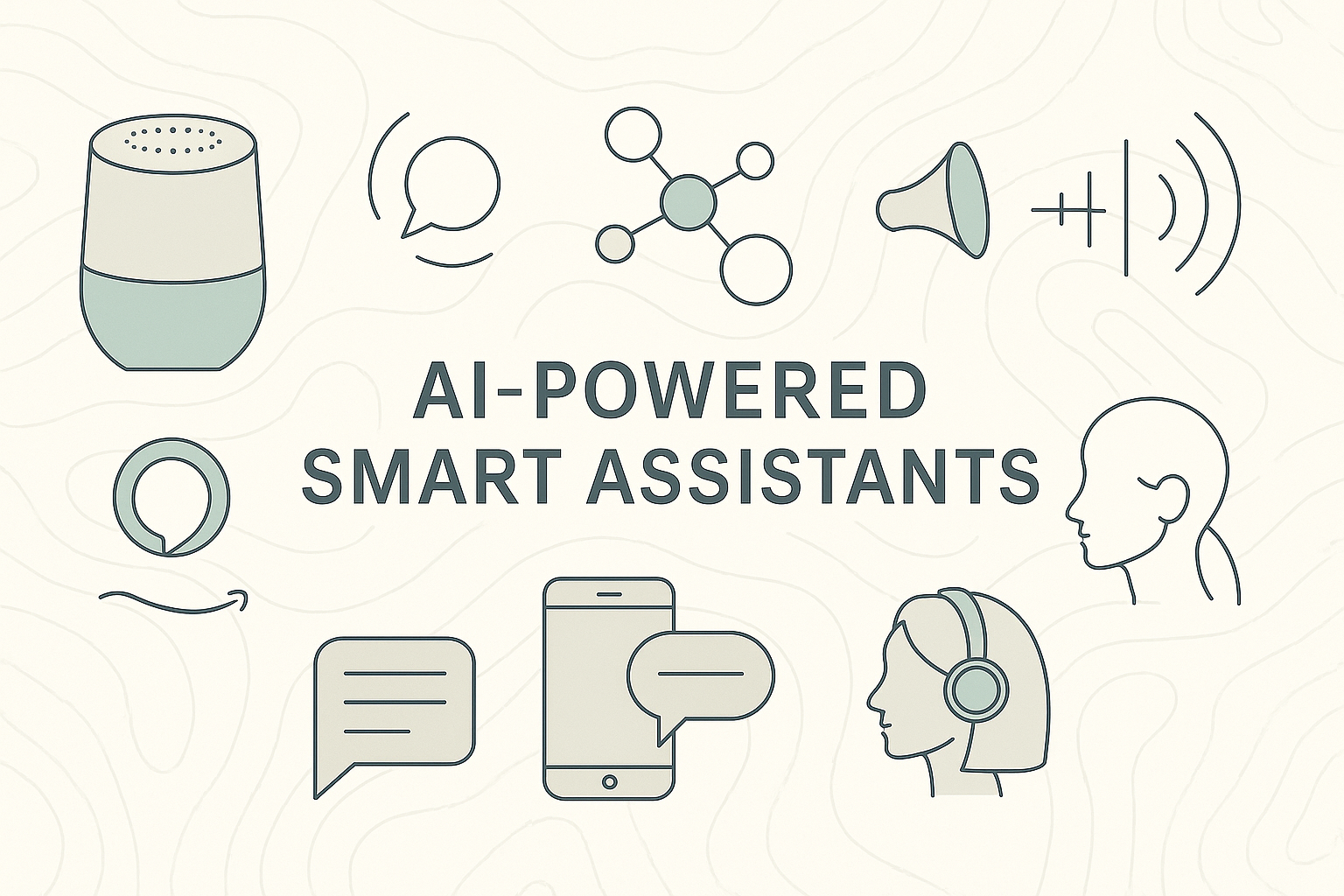The Silent Reboot of Alexa: How Amazon Is Repositioning for the AI Assistant Wars

A Quiet Pivot with Billions at Stake
Amazon’s Alexa was once hailed as the future of voice computing. Now, it's undergoing a quiet transformation. After years of hype and stagnation, Amazon is investing heavily in making Alexa smarter, more conversational, and emotionally aware. Internally, the project is called "Alexa LLM," a next-generation upgrade meant to compete with ChatGPT, Google's Gemini, and Apple’s on-device AI revamp.
Reports suggest Amazon is spending more than $2.5 billion this year to reengineer Alexa with generative AI. The new version is expected to understand nuance, maintain context, and respond in more natural, human-like ways. While the changes may appear subtle, the implications are anything but. Amazon is trying to win back ground in the AI assistant race.
From Market Leader to Catch-Up Mode
Alexa debuted in 2014 and quickly became the dominant smart assistant in U.S. households. Despite broad adoption, it struggled with real-world usefulness. Commands worked. Conversations didn’t. Alexa lacked the ability to learn or remember in meaningful ways. Meanwhile, models like ChatGPT began changing what people expected from digital assistants.
In 2023, CEO Andy Jassy acknowledged that Alexa had fallen short. Thousands were laid off from the devices division, and the company began rethinking its approach. Instead of treating Alexa as a basic voice UI, Amazon now sees it as a full-stack AI platform, powered by its own language model and tightly integrated with its ecosystem.
Why It Matters Now
The competition to own the AI interface is intensifying. Apple is overhauling Siri. Google is embedding Gemini into Android. OpenAI is working on a voice-first device with Jony Ive. Meta is adding AI to smart glasses. Amazon, with millions of devices in homes and years of voice data, doesn’t want to be left behind.
With over 500 million Alexa-enabled devices sold, Amazon has the scale. The challenge now is upgrading the experience so people actually want to use it.
Key Strategic Moves
Alexa LLM: A model designed specifically for voice, context, and memory.
Personality options: Alexa may soon have selectable communication styles and tones.
New developer tools: Amazon is inviting select developers to build new experiences designed for an AI-native assistant.
Deeper integration: Echo, Fire TV, Ring, and other devices are getting tighter sync across functions.
Public Companies in the Mix
Amazon (AMZN): Revamping Alexa to reassert leadership in AI interfaces.
Apple (AAPL): Reworking Siri with generative features in iOS 18.
Alphabet (GOOGL): Deploying Gemini Nano to bring AI directly to Android devices.
Meta (META): Expanding AI tools inside wearables and smart glasses.
Qualcomm (QCOM): Providing mobile chips that could power on-device AI models.
The Bigger Picture
This isn't just about Alexa getting smarter. It's about who controls the next generation of computing. Every major shift in tech has been driven by a new interface. The mouse. The touchscreen. Voice is next—and this time, it needs to be intelligent.
Amazon has a lot riding on this reboot. It has the devices, the users, and the data. What it hasn’t had, until now, is an AI assistant that feels truly capable.
Investor Takeaway
Alexa’s reinvention is one of Amazon’s most important bets in the AI era. While companies like OpenAI, Apple, and Google capture attention, Amazon is investing quietly and heavily to build a smarter assistant for the next decade.
For investors, this is a reminder that the AI race isn’t just happening in the cloud. It’s playing out in homes, on shelves, and inside the hardware people already use every day.
Alexa might not just be getting an upgrade. She might finally be getting it right.
Disclosure: This article is editorial and not sponsored by any companies mentioned. The views expressed in this article are those of the author and do not necessarily reflect the official policy or position of NeuralCapital.ai.